Anthony S Volpe
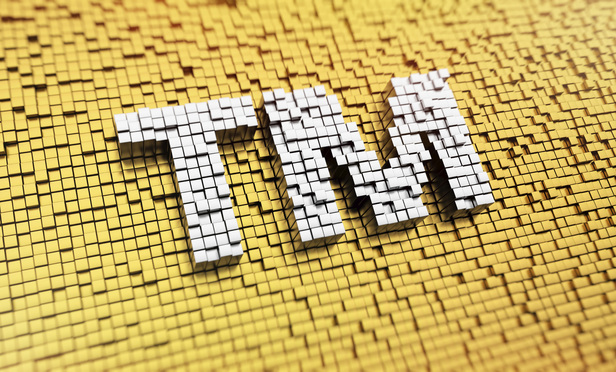
March 02, 2016 | The Legal Intelligencer
Offensive Trademarks and the Right to Federal RegistrationA trademark is probably the most recognizable form of intellectual property associated with a product or service. Legal protection for a trademark is acquired through common law, state trademark registration or federal trademark registration. Federal registration of a trademark is acquired under the Lanham Act, Title 15 of the U.S. Code, which passed in 1946 and was the first comprehensive federal legislation regarding the registration and use of marks in connection with the sale of goods and services.
By Anthony S. Volpe And Meghan Mills
7 minute read
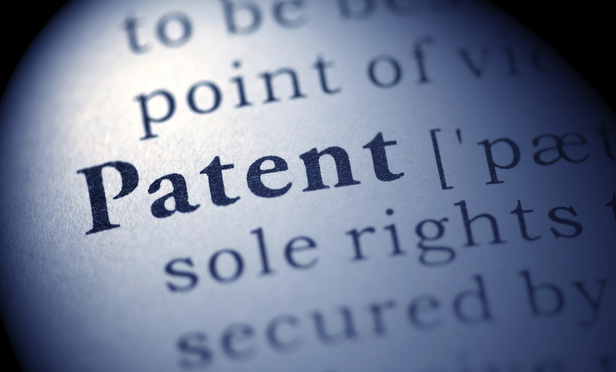
January 06, 2016 | The Legal Intelligencer
Enjoying the Benefits of Provisional Patent ApplicationsAs part of the effort to harmonize global patent systems, the United States introduced the provisional patent application in 1995 as part of the GATT Uruguay Round agreement.
By Anthony S. Volpe
8 minute read

January 05, 2016 | The Legal Intelligencer
Enjoying the Benefits of Provisional Patent ApplicationsAs part of the effort to harmonize global patent systems, the United States introduced the provisional patent application in 1995 as part of the GATT Uruguay Round agreement.
By Anthony S. Volpe
8 minute read
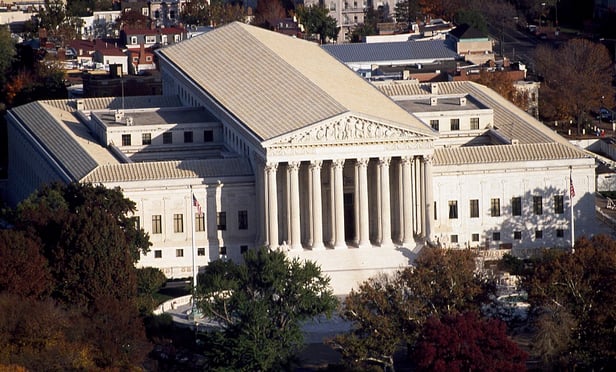
November 04, 2015 | The Legal Intelligencer
Anticipating Justices' View on Trebled Patent Infringement DamagesThe U.S. Supreme Court agreed to hear two cases, Halo Electronics v. Pulse Electronics, 769 F.3d 1371 (Fed. Cir. 2014), and Stryker v. Zimmer, 782 F.3d 649 (Fed. Cir. 2015), dealing directly with trebling damages in patent infringement cases. The patent statute, Title 35, governs treble damages at Section 284, and states: "The court may increase the damages up to three times the amount found or assessed." This statutory provision is very similar to the provision governing attorney fees, Section 285, which states: "The court in exceptional cases may award reasonable attorney fees to the prevailing party." Because the two statutory provisions have similar language, many in the patent litigation world are reading the tea leaves and trying to anticipate the court's decisions in Halo and Striker. The interesting parallels in the cases have Supreme Court pundits on both sides making predictions.
By Anthony S. Volpe and Thomas P. Gushue
8 minute read

November 03, 2015 | The Legal Intelligencer
Anticipating Justices' View on Trebled Patent Infringement DamagesThe U.S. Supreme Court agreed to hear two cases, Halo Electronics v. Pulse Electronics, 769 F.3d 1371 (Fed. Cir. 2014), and Stryker v. Zimmer, 782 F.3d 649 (Fed. Cir. 2015), dealing directly with trebling damages in patent infringement cases. The patent statute, Title 35, governs treble damages at Section 284, and states: "The court may increase the damages up to three times the amount found or assessed." This statutory provision is very similar to the provision governing attorney fees, Section 285, which states: "The court in exceptional cases may award reasonable attorney fees to the prevailing party." Because the two statutory provisions have similar language, many in the patent litigation world are reading the tea leaves and trying to anticipate the court's decisions in Halo and Striker. The interesting parallels in the cases have Supreme Court pundits on both sides making predictions.
By Anthony S. Volpe and Thomas P. Gushue
8 minute read
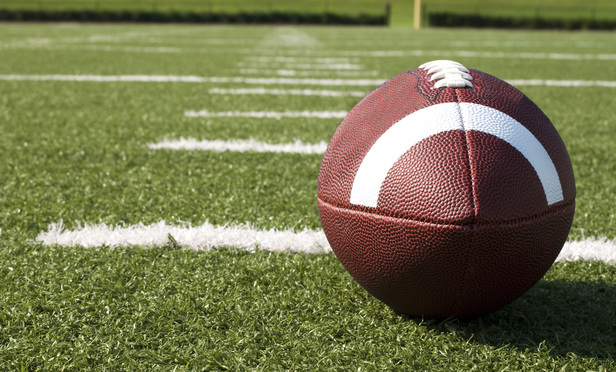
September 02, 2015 | The Legal Intelligencer
The Challenge of Making Trademarks Match Changing Social ViewsThere has been much in the general and legal news about the challenge to the NFL Washington Redskins trademark registrations. Recently, a federal district court judge affirmed the decision of the U.S. Patent and Trademark Office (USPTO) Trademark Trial and Appeal Board (TTAB) to cancel the Washington Redskins' trademarks as disparaging to Native Americans.
By Anthony S. Volpe and Dawn C. Kerner
8 minute read

September 01, 2015 | The Legal Intelligencer
The Challenge of Making Trademarks Match Changing Social ViewsThere has been much in the general and legal news about the challenge to the NFL Washington Redskins trademark registrations. Recently, a federal district court judge affirmed the decision of the U.S. Patent and Trademark Office (USPTO) Trademark Trial and Appeal Board (TTAB) to cancel the Washington Redskins' trademarks as disparaging to Native Americans.
By Anthony S. Volpe and Dawn C. Kerner
8 minute read
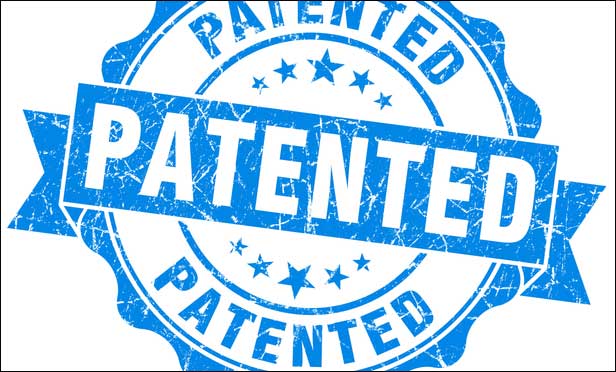
May 06, 2015 | The Legal Intelligencer
Hybrid Intellectual Property Licenses Await High Court ApprovalThe owner of intellectual property often faces concerns about maximizing licensing revenues while addressing the restrictions of federal and state laws that create those rights. Because a given IP right may involve federal law, through patents, trademarks or copyrights, and state law, through associated trade secrets or confidential information, licensing of that IP mix often presents a challenge to maximize the IP owner's potential revenue generation.
By Anthony S. Volpe and Max S. Morgan
9 minute read

May 05, 2015 | The Legal Intelligencer
Hybrid Intellectual Property Licenses Await High Court ApprovalThe owner of intellectual property often faces concerns about maximizing licensing revenues while addressing the restrictions of federal and state laws that create those rights. Because a given IP right may involve federal law, through patents, trademarks or copyrights, and state law, through associated trade secrets or confidential information, licensing of that IP mix often presents a challenge to maximize the IP owner's potential revenue generation.
By Anthony S. Volpe and Max S. Morgan
9 minute read
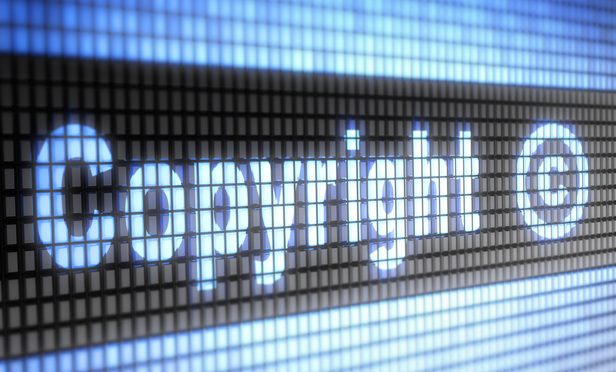
March 04, 2015 | The Legal Intelligencer
The Ownership Complexities Associated With a 'Simple' CopyrightA concept as simple as a copyright that attaches upon the creation of the work can be subject to complexities that cause courts and lawyers to struggle with who owns the rights and what is needed to transfer those rights. Those struggles with ownership are the result of complex ownership rights in the Copyright Statute, U.S. Code, Title 17. This article focuses on one case and will not attempt to unwind the entire ownership issue under the various iterations of the statute.
By Anthony S. Volpe and Joseph Boos
9 minute read
Trending Stories
- 1Freshfields Name Change Becomes Official
- 2Lawyers on TikTok Seek the Right Mix of Substance and Levity
- 3Chair of Montgomery McCracken Decamps for Morgan Lewis
- 4You Too Can Be a Programmer: Connecting to Legal Platform APIs With Generative AI (Part 2)
- 5Court of Appeals and Appellate Division As Courts of First Instance
More from ALM
- Scan In Progress: Litigators Leverage AI to Screen Prospective Jurors 1 minute read
- Legal Speak at General Counsel Conference East 2024: Match Group's Katie Dugan & Herrick's Carol Goodman 1 minute read
- Legal Speak at General Counsel Conference East 2024: Eric Wall, Executive VP, Syllo 1 minute read



